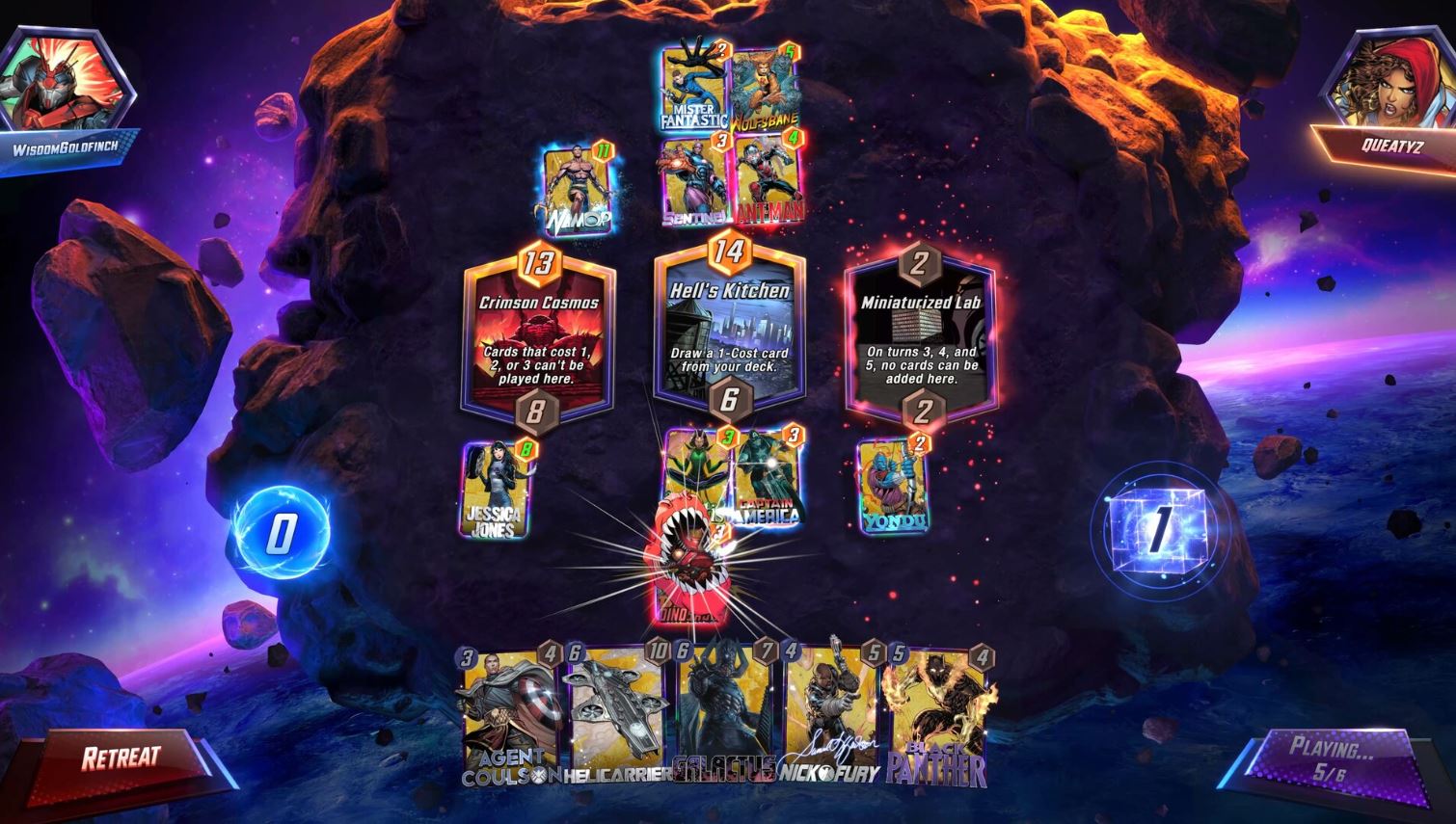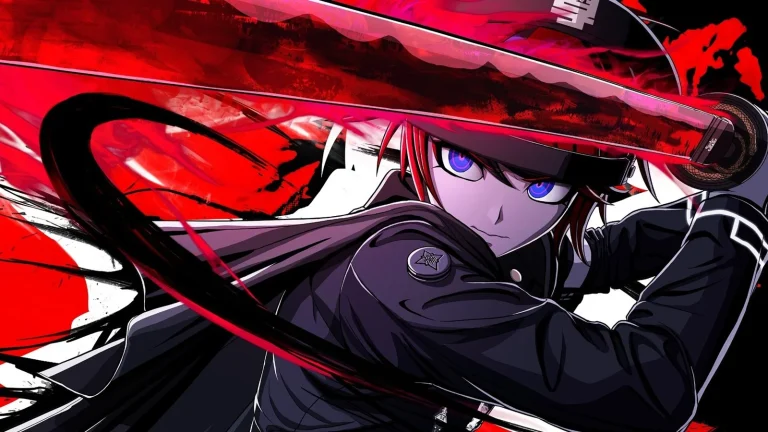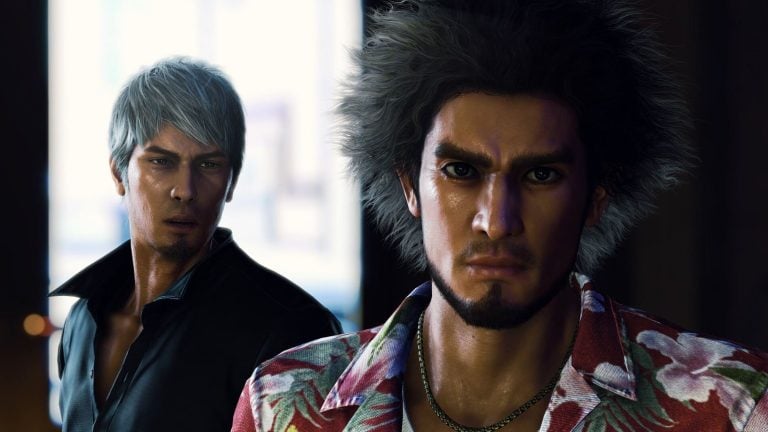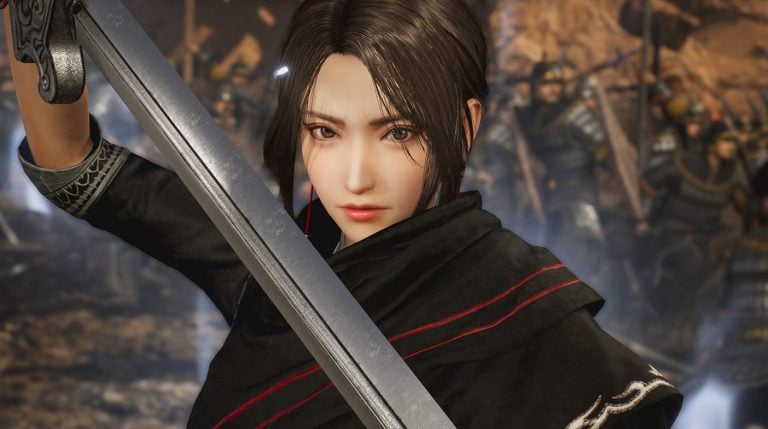As someone who champions indie games, it wasn’t surprising to see former Sony Interactive Entertainment executive Shuhei Yoshida making an appearance at last month’s Osaka Indie Games Summit 2025. In an interview with Game*Spark, Yoshida discussed the current uses of AI in game development he has encountered in the industry, as well as his stance on indie developers using the technology in their games going forward.
Specifically, Yoshida brought up how developers, from indie to major companies, are using AI “in all aspects of game development” to save time, whether it be for generating concept art for early proposals or reading out temporary voiceover work.
For bigger games that require rigorous playtesting, Yoshida noted how studios use AI tools to simulate player behavior so that human developers can better fine-tune the experience. While these examples of AI use are the type that don’t leave a mark on the final product, Yoshida says he’s especially interested in cases where AI itself becomes part of a game’s content.
As an example of an indie game using AI as its main selling point, he cites a small Japanese title called Hanashi no Hanashi. In this mystery-solving novel game, you advance the story by conversing with an AI-controlled character. Yoshida also mentions encountering indie projects where AI is programmed like a “suspect” and the player interrogates it by freely inputting text.
“It’s amazing that you can interact with the game in your own words rather than choosing from the traditional set of options. I think these kinds of ideas and the speed at which they’re being implemented are truly unique to indie games,” he comments.
For more traditional applications, Yoshida cited Marvel Snap’s AI-controlled bots as a way of increasing player retention. After losing several consecutive matches in the digital card game, you will be pitted against an AI opponent that is easier to defeat. While the fun of playing against a bot isn’t on par with that of a human player, Marvel Snap’s bots are skilled enough to guide players down the winning path and help them enjoy the game for longer. Yoshida thinks that as the technology evolves, it will become increasingly difficult to even tell whether you’re playing against a human or a bot.

Yoshida also knows that AI is already being implemented in service support, and imagines that AI agents will be built into games in the future. In particular, he thinks that games will be able to recommend new titles based on player preferences and offer gameplay hints. Provided they are implemented well, he assumes that experiences like these would “make gaming even more enjoyable.”
“I believe it’s indie developers who are the first to pioneer not only the new possibilities of AI, but also new technologies in general. That’s why indie games are so fun.” Due to this belief, Yoshida tries not to overlook even titles that may seem too “out there” at first glance.






Yoshida makes a remarkable point that even though it’s a tool to help behind the scenes it also is interesting how it’s used in games as the main theme especially Indies especially with Hanashi no Hanashi. This probably could create a new genre in of itself or be apart of games that we can experience. This reminds me of how Video Games used to experiment 20 years ago than just make clones of each other.
This is like LifeLine on the PS2 or Hey You Pikachu on N64 except the Tech is going to be a monumental leap with NPU’s and TOPs being a metric. I am interested to try it out and see where Industry goes with this and what is possible.